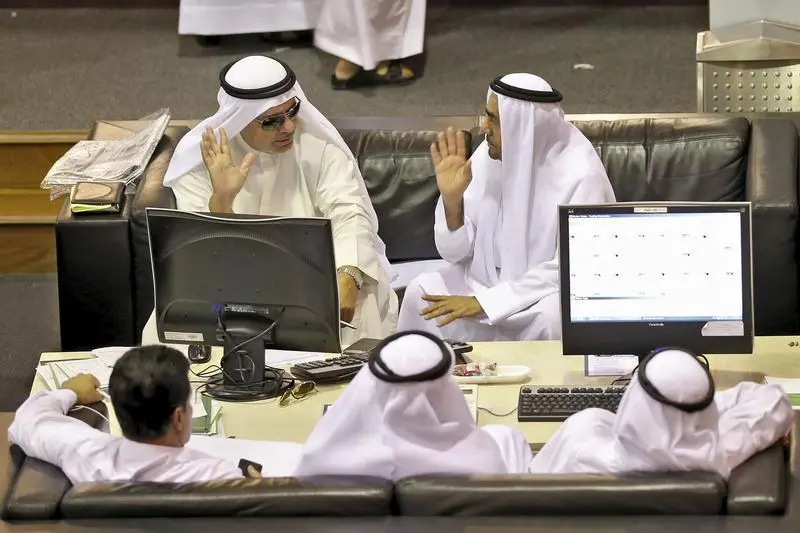PHOTO
By Davide Barbuscia
DUBAI, Jan 17 (Reuters) - Some banks are baulking at participating in funding an extension of Dubai's metro because the proposed pricing, they say, does not reflect banks' higher costs and the impact of lower oil prices on liquidity, bankers familiar with the matter said.
The government wants to borrow $2.8 billion for the 15-km (9-mile) extension to the site of the World Expo, being hosted by Dubai in 2020. Of that, $1.2 billion will be commercial loans and the rest, loans guaranteed by export credit agencies.
Several other multi-billion dollar infrastructure projects are expected over the next few years in Dubai, and the prospects of financing them might be influenced by the result of the metro loan talks.
When the government approached banks last year, it specified that the commercial loan, with a 10-year maturity, had to carry an interest-rate margin of no more than 200 basis points (bps)over London interbank offered rates, with banks' up-front fees capped at 50 bps, commitment fees at 40 bps and underwriting fees at 25 bps.
"It's a significant project - putting caps on pricing proposals is not good for projects of this size," said one banker, speaking on condition of anonymity as the information is private.
"For a local bank to enter a deal like this, the margin should be at least 250 bps, especially considering it's such a long tenor."
The Dubai Department of Finance declined to comment.
Dubai has traditionally been commercially savvy in its funding approach. Local and international banks have often lent to the government at pricing considered below market levels in order to establish and maintain relationships with the borrower.
But the collapse of oil prices since 2014 has altered banks' calculations.
"The government keeps asking very low pricing that banks cannot afford any more. There's also an issue of banks' capacity - banks now have to pick and choose, they can't lend to anything," a Dubai-based banker at an international lender said.
The relationship aspect of a tightly priced deal such as the metro project is therefore being debated, particularly among local banks.
"Some banks would come in at such a low margin if it was a relationship deal. But this isn't really a relationship deal. With such a long tenor it's more like a project finance transaction," one banker said.
In a relationship-driven deal, banks tend to hold the credit until maturity, but the longer the tenor, the more difficult it becomes for a bank - especially if it is small - to retain loan paper with a low return.
Bankers agree that Dubai will eventually obtain the funding for the metro extension. International banks working on the export credit agency-backed tranche of the financing are likely to chip in on the commercial loan, and some Dubai banks are expected to participate on a large scale.
The government is drawing considerable demand for a $3 billion-equivalent infrastructure loan, now in syndication, to finance expansion of the Al Maktoum airport, bankers said.
Further financing for that project - estimated to be worth $35 billion overall - and for the $7 billion Expo 2020 site will be in play over the next few years.
(Editing by Andrew Torchia and Louise Ireland) ((Davide.Barbuscia@thomsonreuters.com;))





















